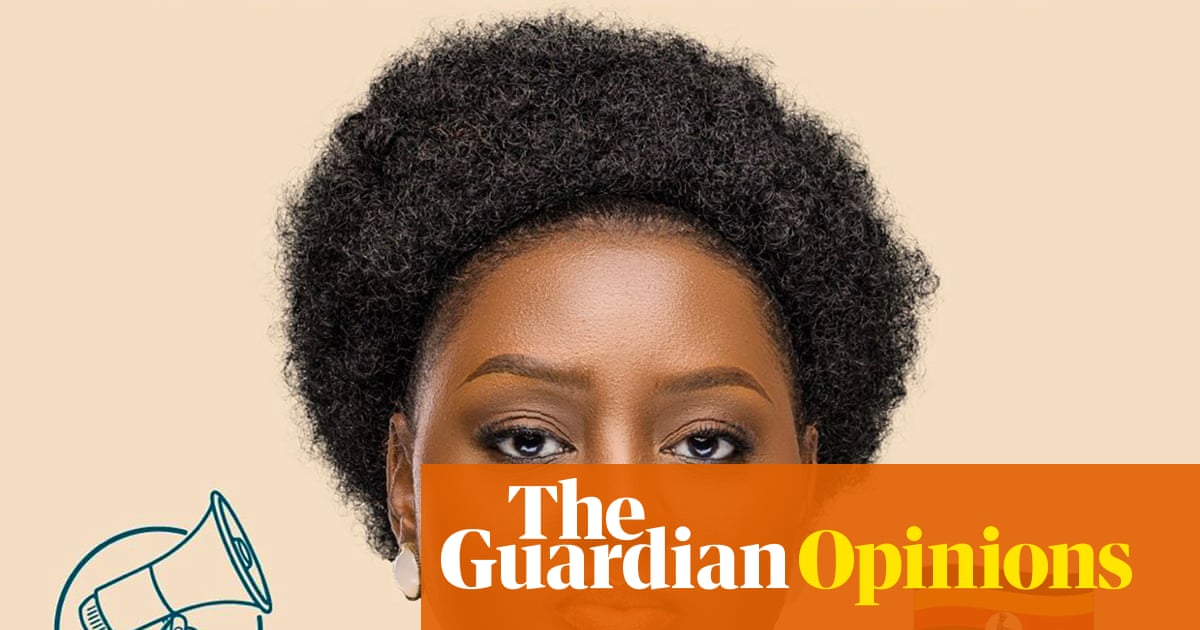
"Of the 221 people who expressed an interest in running for president, 15 were women; and of those, only three of us gained enough voter support to be considered for nomination. Only three women were considered for nomination and none were nominated. Men in politics argue that the all-male ballot is the result of a fair and neutral electoral system. But how can women, who do not have access to the same resources and who have always been disenfranchised, compete on a level playing field?"
"Far from being fair, neutrality maintains an environment where women are continually shoved out of the top power structures under the guise of competition. One of the reasons I decided to run for president was to break the barriers around the position. Women represent 30% in government. However, since Uganda's independence in 1962, only four women have contested for the presidency. It remains a deeply gendered and symbolic office; still associated with traditional masculinity, military credentials and strongman politics."
"Whenever certain categories of Ugandans try to pursue top leadership they are told, Not you! Not now! Not like that! This is used against women, youth and Ugandans who have no access to funds to run exorbitant campaigns. The more I observed this intentionally discriminatory narrative used to exclude people such as me from leadership, the more I realised that I could not continue to watch from the sidelines."
All eight presidential candidates for Uganda's 2026 election are men, reflecting systemic exclusion of women from top political positions. Of 221 applicants, 15 were women and only three gained enough voter support to be considered, but none were nominated. The electoral process favors those with resources, military credentials, and entrenched networks, reproducing male-dominated power structures. Women hold about 30% of government posts, yet only four women have ever contested the presidency since independence. Marginalized groups, including youth and candidates without funds, face explicit discouragement. An incumbent in power since 1986 exemplifies long-standing elite control maintained through fear, patronage, and silence.
Read at www.theguardian.com
Unable to calculate read time
Collection
[
|
...
]